Werk Brau Grading Rake For Sale Near Me – Whether through their durability, aesthetic appeal, or the values they embody, these products go beyond simple transactions. Each item was unique, and the quality was immediately apparent to the buyer. In some cases, buyers may also acquire businesses with existing intellectual property, such as patents, trademarks, or proprietary technologies, which can offer a competitive edge in the market. The idea of being “for sale” also touches on larger cultural and societal themes. The story behind the item becomes part of its value, adding an emotional dimension to its physical form. Quality products often come with warranties and customer service support, offering peace of mind to consumers who are investing in something that will serve them well over time. In some cases, it’s not just objects that are for sale, but entire industries or institutions. Historically, many products were made by local craftsmen, and there was a direct relationship between the creator and the consumer. The idea that everything is for sale works to perpetuate inequality, as those with the most resources can continue to amass power and wealth, while others are left to scramble for what little they can get. The practice of buying and selling second-hand items has been around for centuries, but in recent years, it has seen a resurgence. People are rediscovering the value of items that have been made by hand, with care and skill, as opposed to the impersonal, assembly-line products that dominate the marketplace. This pride comes not just from the product itself, but from knowing that you are supporting a tradition of craftsmanship and care. The “for sale” sign becomes a marker in time, a decision that has been made, signaling that it’s time to move on. The appeal of finding a hidden gem, something that has been cherished by someone else and is now available for a new owner, is a part of the allure of second-hand goods. For those on a budget or looking to stretch their money further, second-hand markets provide an opportunity to purchase goods that would otherwise be out of reach. When you buy something made from premium materials, crafted with attention to detail, and tested for reliability, you can expect it to deliver value that surpasses its initial cost. The adage “you get what you pay for” rings especially true in the realm of quality goods. Many quality goods are made by artisans or small businesses who take the time to create products that reflect their expertise and passion. In a sense, the very nature of human existence can feel like a transaction. These acts of generosity remind us that there are still things in life that cannot be bought, cannot be sold, and cannot be quantified.
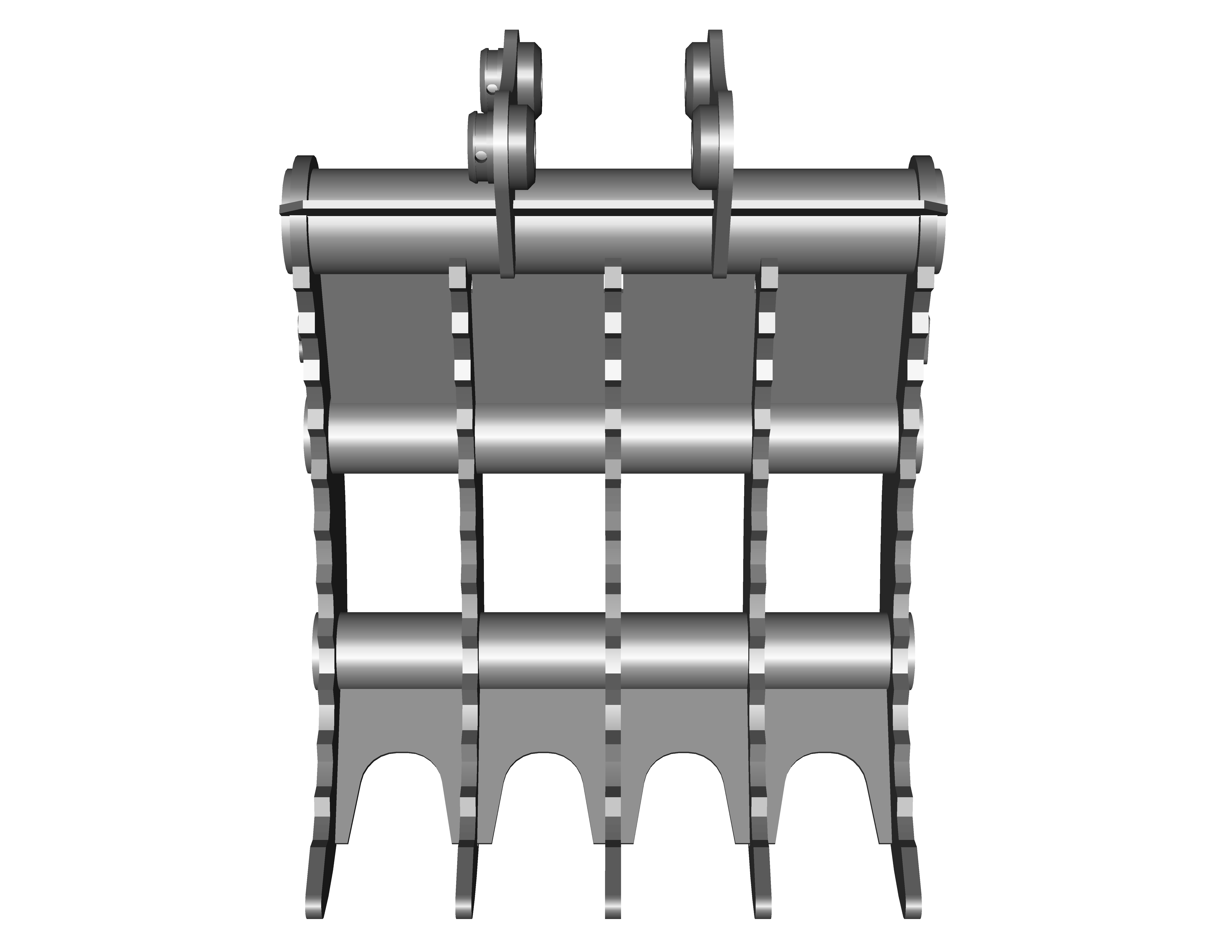
Grading/Grapple Rake WerkBrau
Fast shipping0% financing available24/7 customer support
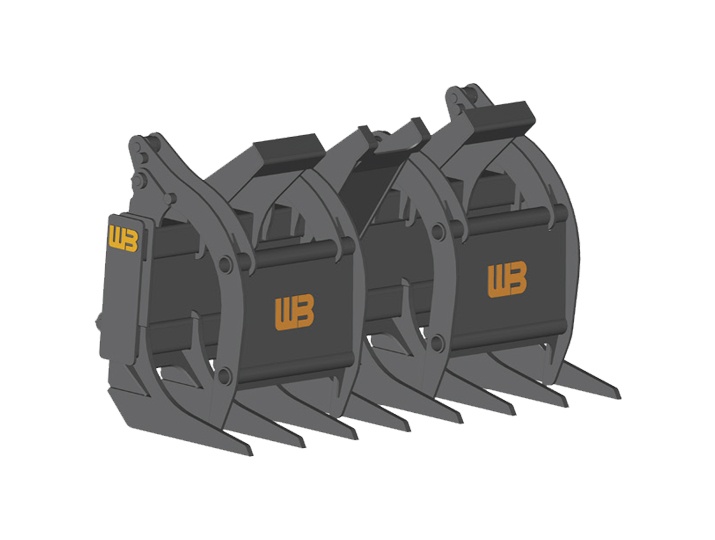
Grapple Rake WerkBrau
Fast shipping0% financing available24/7 customer support
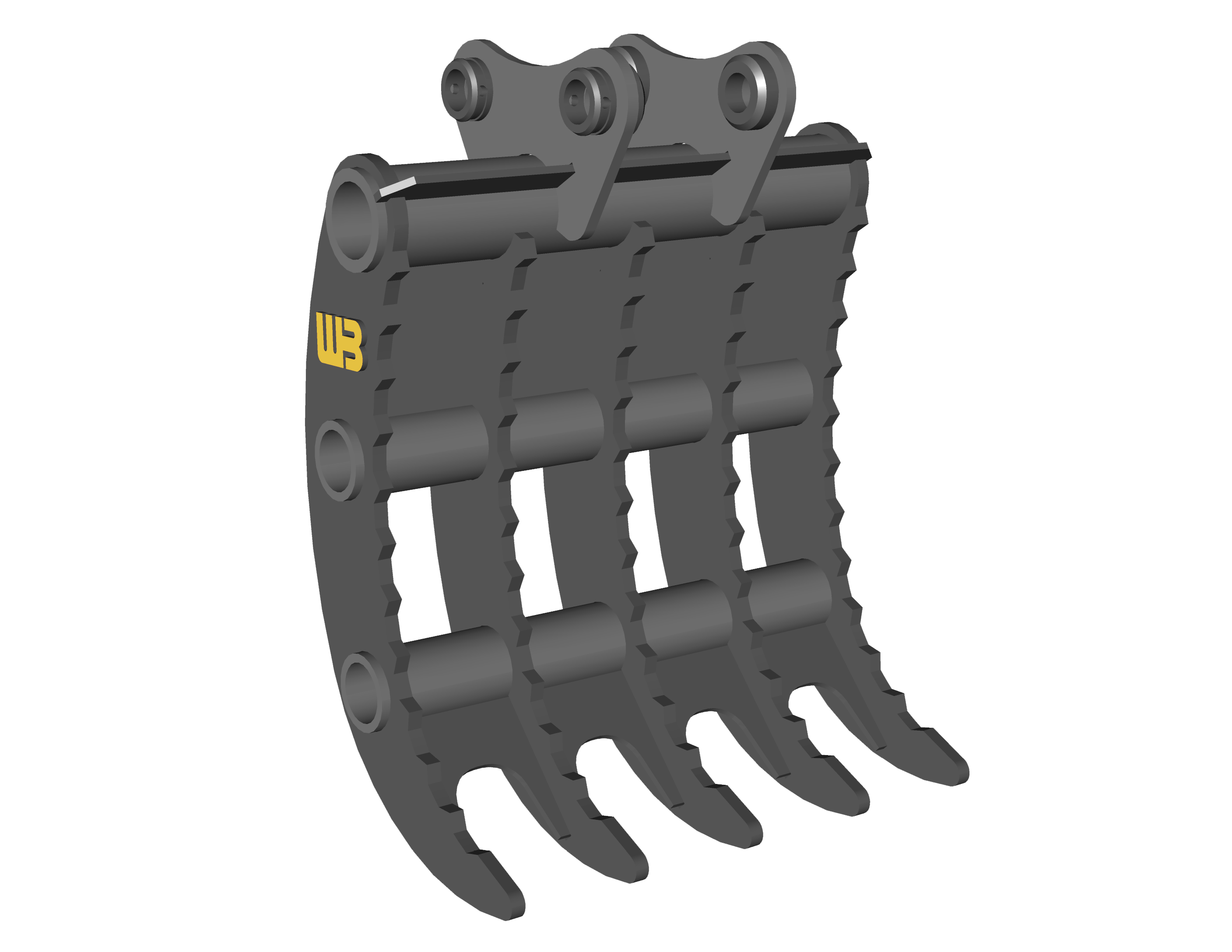
Grading/Grapple Rake WerkBrau
Fast shipping0% financing available24/7 customer support

Grading Rake WerkBrau
Fast shipping0% financing available24/7 customer support
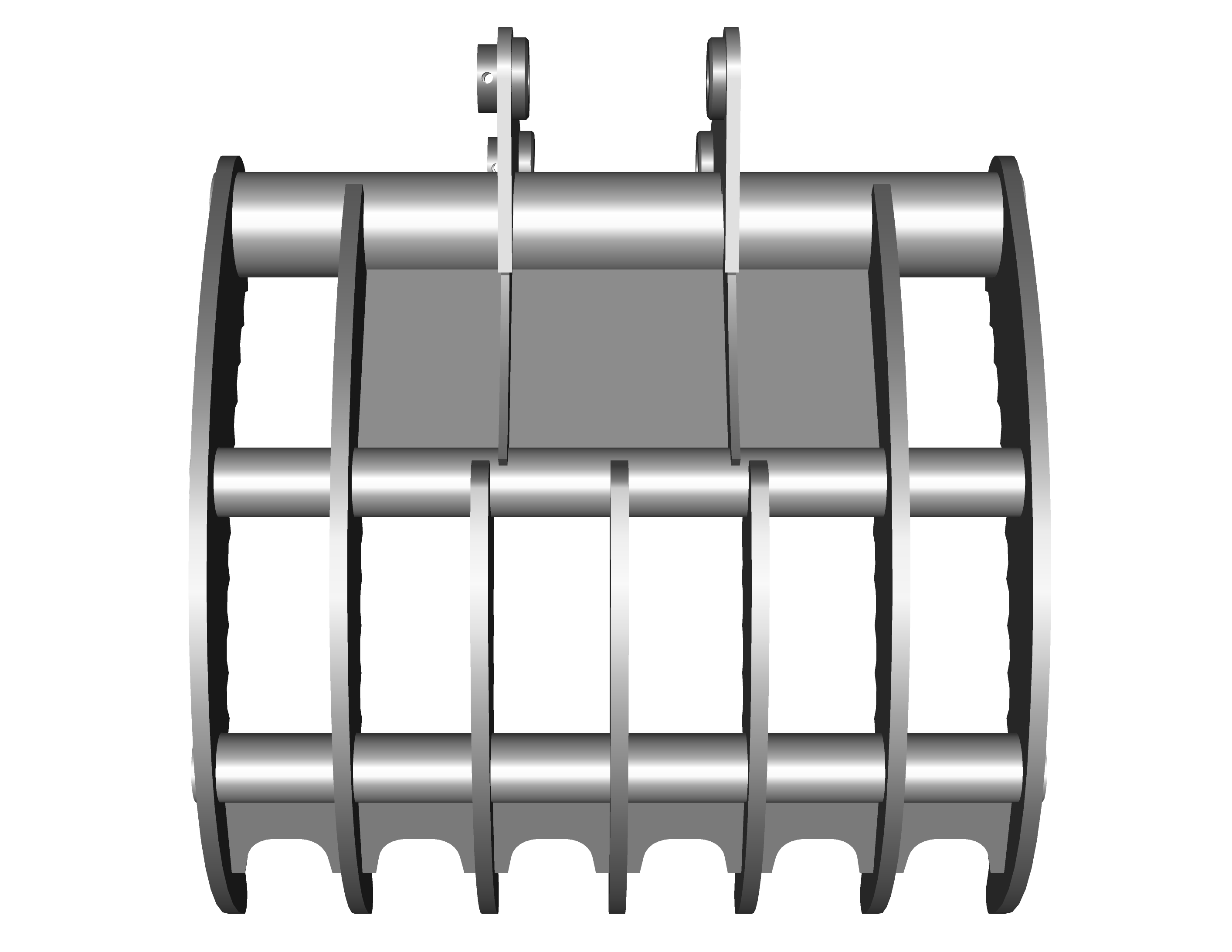
Grading Rake WerkBrau
Fast shipping0% financing available24/7 customer support

WERKBRAU Grading Rake for Wheel loaders 33,000 43,000 lbs. (class 4
Fast shipping0% financing available24/7 customer support
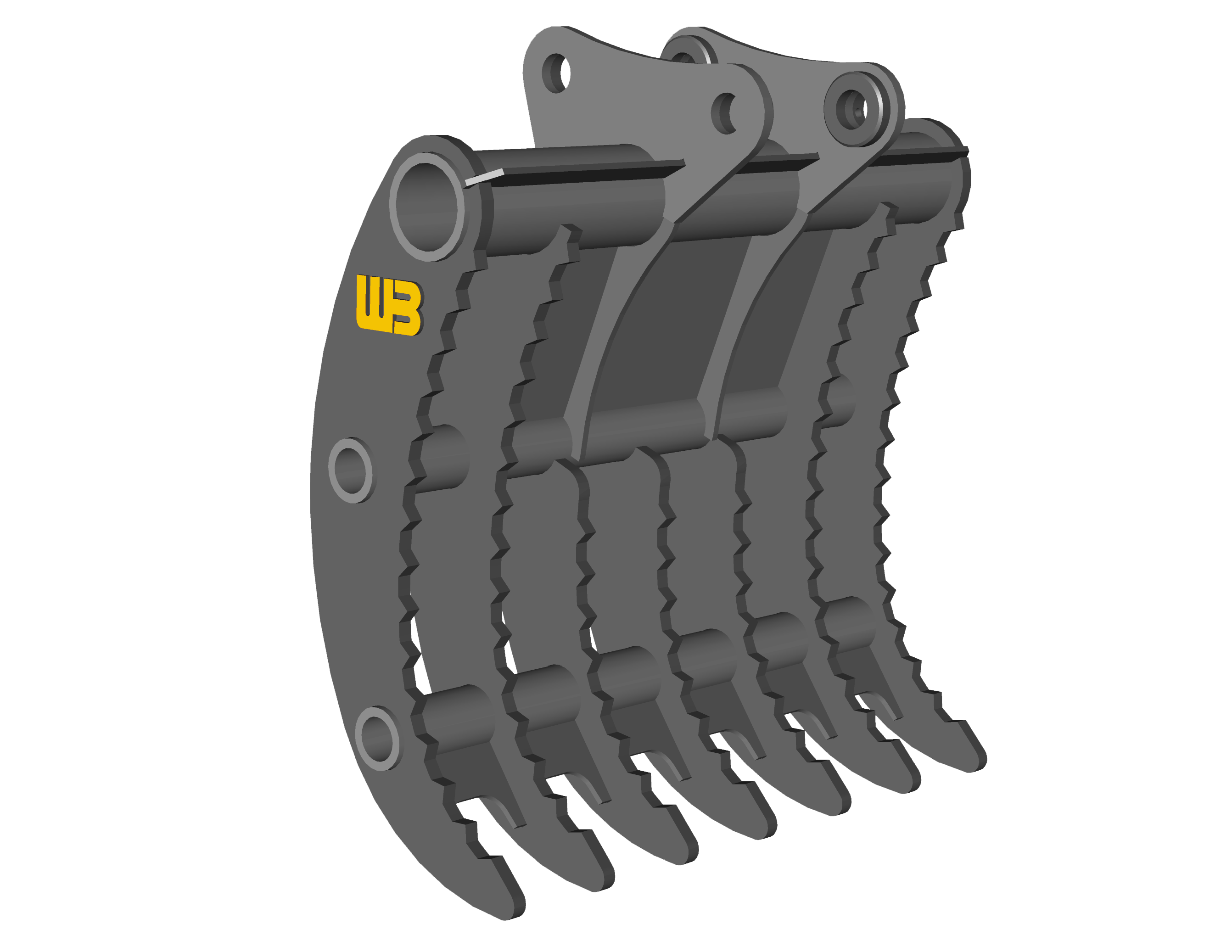
Grading Rake WerkBrau
Fast shipping0% financing available24/7 customer support
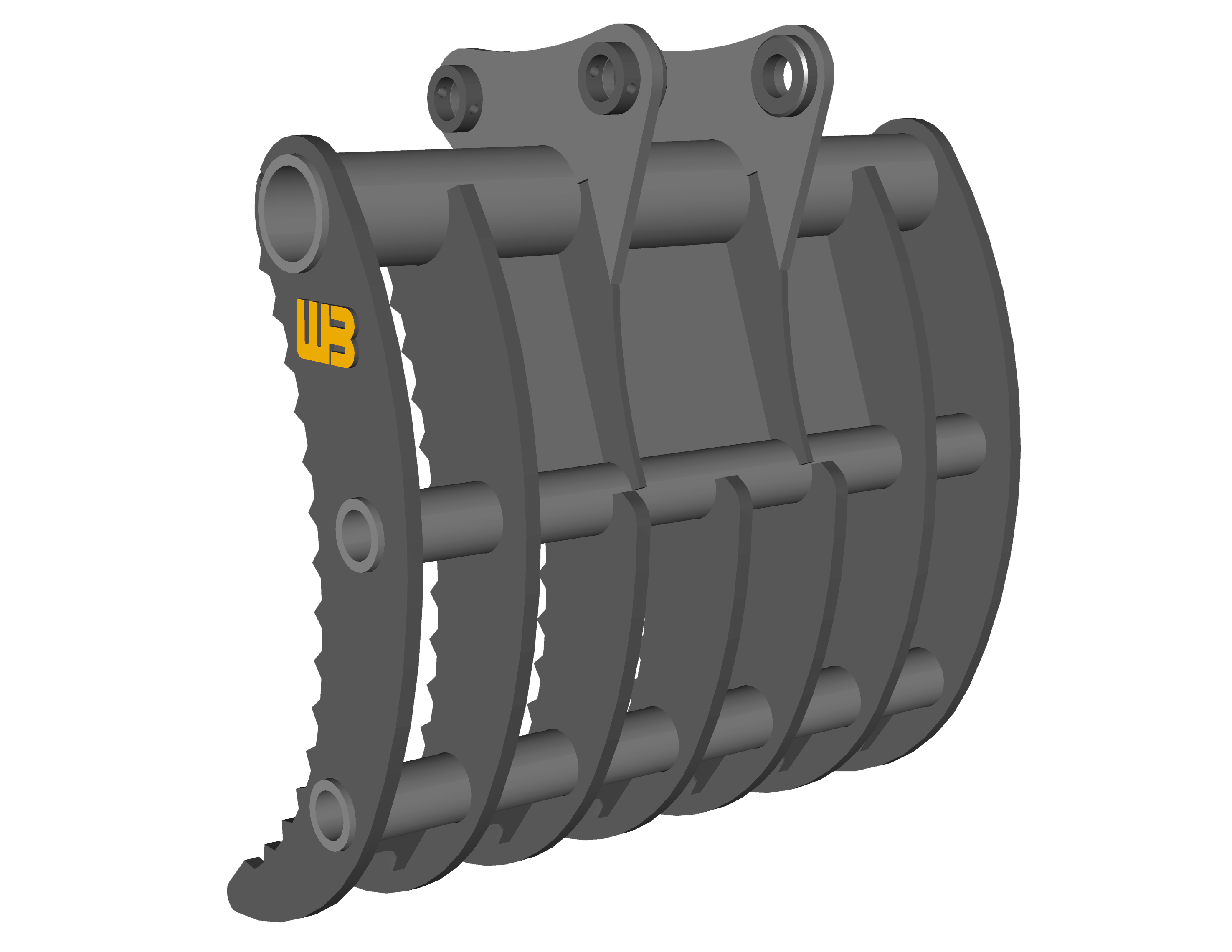
Grading Rake WerkBrau
Fast shipping0% financing available24/7 customer support
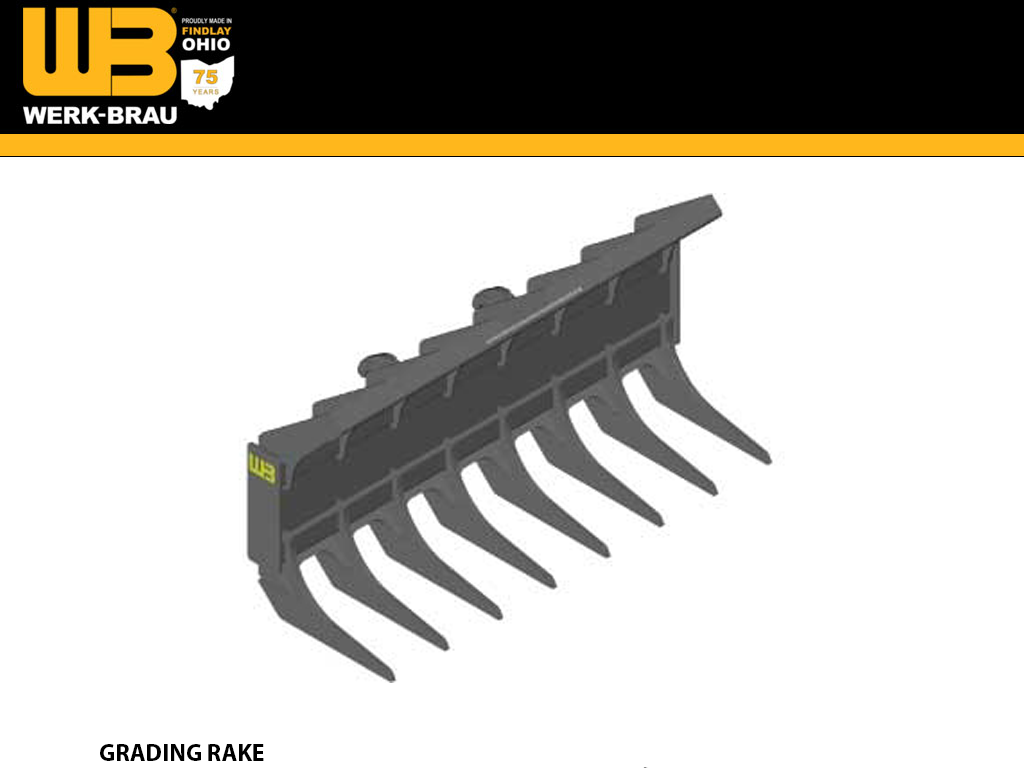
WERKBRAU Grading Rake for Wheel loaders 30,000 33,000 lbs. (class 3
Fast shipping0% financing available24/7 customer support
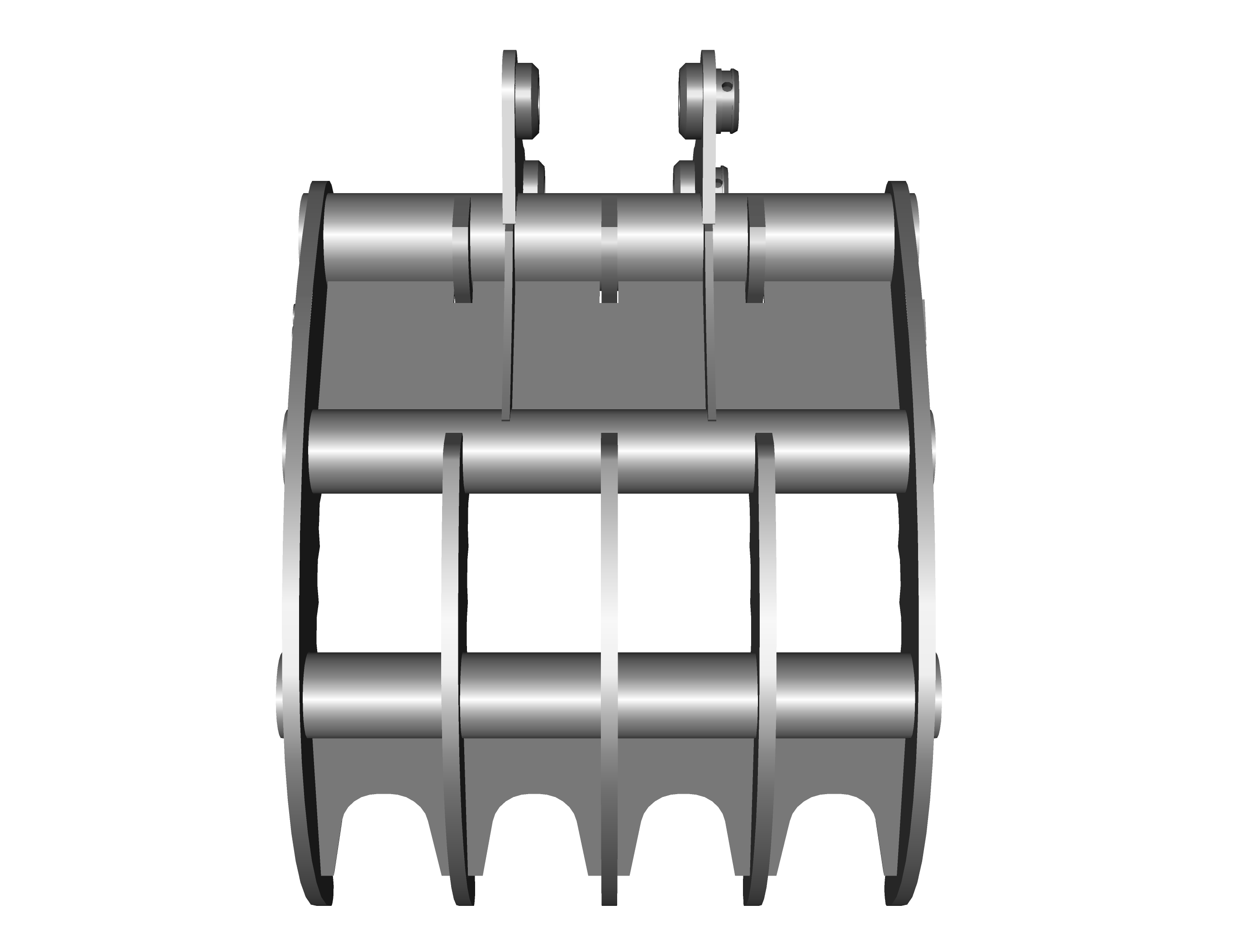
Grading/Grapple Rake WerkBrau
Fast shipping0% financing available24/7 customer support
Historically, many products were made by local craftsmen, and there was a direct relationship between the creator and the consumer. People can be bought and sold in the form of labor, for example, and loyalty can be traded for material gain. Second-hand goods, especially those that are vintage or antique, often carry a sense of history and craftsmanship that can be missing from mass-produced products. Whether it’s the sleek lines of a designer chair or the intricate patterns on a handwoven rug, quality goods are often as much about aesthetics as they are about functionality. The due diligence process helps the buyer understand the risks involved, the company’s market potential, and any legal or operational hurdles that may exist. When you buy something made from premium materials, crafted with attention to detail, and tested for reliability, you can expect it to deliver value that surpasses its initial cost. Many sellers of second-hand electronics offer refurbished items, which have been inspected, repaired, and restored to a like-new condition. The perceived high cost of these items has led some to opt for cheaper alternatives. When consumers buy these goods, they are investing in both the product and the people behind it. In some cases, sellers may be willing to offer financing options, where they agree to receive payment over time, which can make the business more attractive to potential buyers. Millennials and Gen Z, in particular, have embraced the idea of second-hand shopping as a way to challenge consumerism, reduce waste, and express their individuality. Whether it’s vintage clothing, antique furniture, or used luxury watches, second-hand goods offer an opportunity for buyers to find quality items that are no longer available in stores. Online platforms also offer the convenience of searching for specific items, whether it’s a rare collector’s item, a particular brand of clothing, or a piece of furniture that fits a specific design style. The idea of “buying quality” is not just a luxury; it’s a mindset that encourages consumers to think beyond the momentary gratification of cheap purchases and focus instead on long-term value and satisfaction. The rise of minimalist living, which emphasizes owning fewer, more meaningful possessions, has played a role in this shift. The business-for-sale market continues to evolve, influenced by economic trends, technological advancements, and shifts in consumer behavior, but one thing remains clear: buying and selling businesses will always be a fundamental part of the global economy. It’s about letting go of something that no longer serves a purpose, while opening the door for something new to take its place. Selling such an item can be a difficult decision, yet it often represents the practical need to downsize or make space for something new. Every click, every like, every follow, is part of an ongoing transaction. Negotiation is often the most delicate part of the sale process.
Whether it’s a high-end designer handbag, a gently used sofa, or a vintage record player, the price difference between a new and a second-hand item can be significant. The items placed for sale are not merely commodities; they are often vessels of memories, symbols of past achievements, or representations of something bigger than the price tag they carry. The business-for-sale market continues to evolve, influenced by economic trends, technological advancements, and shifts in consumer behavior, but one thing remains clear: buying and selling businesses will always be a fundamental part of the global economy. While buying and selling second-hand items can come with its challenges, the rewards—both financially and environmentally—make it a worthwhile pursuit for many people. Self-help books and motivational speakers promise to sell us the tools to fix ourselves, to buy into a better version of who we could be. But the price of quality goods can often be a barrier for many. Even in a marketplace where everything is commodified, there is still room for those moments and experiences that transcend value. Many everyday products, such as kitchenware, footwear, and tools, can also be considered quality goods, provided they are made to last and perform well over time. The idea of buying things that were once owned by someone else is no longer considered taboo or lesser; rather, it has become a lifestyle choice for those who want to make smarter, more ethical purchasing decisions. Many online platforms also allow buyers and sellers to leave feedback and reviews, helping to build trust and credibility in the transaction. The production of new goods often requires significant resources, such as raw materials, energy, and labor, while also generating waste and contributing to pollution. Beyond practical reasons, the appeal of quality goods for sale also lies in the sense of pride and satisfaction that comes from owning something well-made. This has opened up new possibilities for people to find exactly what they’re looking for, whether it’s a specific brand of furniture or a limited edition item that was once sold out. It’s a moment of transition, and as with all transitions, it brings with it both excitement and uncertainty. This can be particularly advantageous for entrepreneurs who might have experience in business operations but lack the time or resources to build a new venture from the ground up. The notion suggests a world where anything and everything, regardless of its intrinsic value, can be bought, sold, or traded. Quality products often come with warranties and customer service support, offering peace of mind to consumers who are investing in something that will serve them well over time. Online platforms also give buyers and sellers the chance to evaluate one another through reviews and ratings, adding an extra layer of trust and security to the transaction. We start to treat people as commodities, too — as means to an end, as tools for achieving personal success or social status. Yet, at the same time, there’s the promise of new beginnings for both the seller and the buyer.